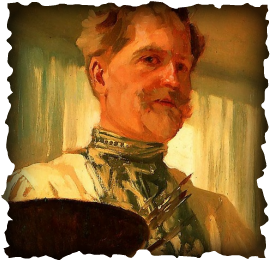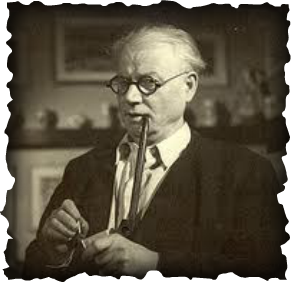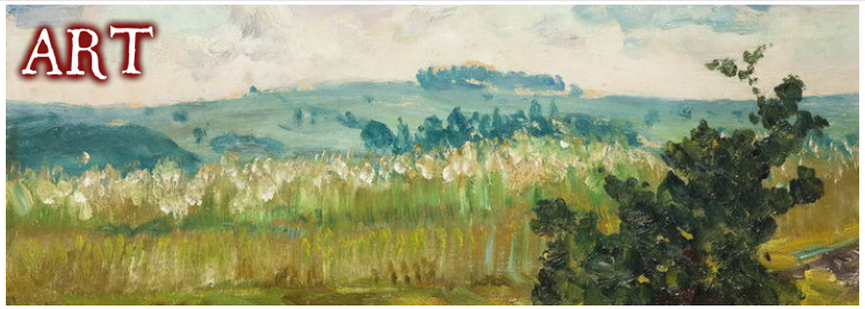
The arts in the Czech Republic cover a wide area, especially that of the visual arts. Unique artistic techniques on a variety of mediums are seen through the eye's of their creators. Become familiar with these Czech and Moravian artists and their works spanning hundreds of years.
Alphonse Mucha, (July 24, 1860 – July 14, 1939)

Alphonse Mucha was a Czech Art Nouveau painter
and decorative artist. Born in Moravia.
Mucha had a distinctive style seen in many of his paintings, illustrations, and advertisements.
His fame spanned the Atlantic and Mucha saw critical success and sponsorship in the United States but stayed true to his vision of producing a visual record of the Slavic people.
The Slav Epic was one of his crowning achievements that took decades to complete. The Slav Epic detailed the myth and historical vision of the Czech, Moravian, Polish, and Russian peoples of Europe.
and decorative artist. Born in Moravia.
Mucha had a distinctive style seen in many of his paintings, illustrations, and advertisements.
His fame spanned the Atlantic and Mucha saw critical success and sponsorship in the United States but stayed true to his vision of producing a visual record of the Slavic people.
The Slav Epic was one of his crowning achievements that took decades to complete. The Slav Epic detailed the myth and historical vision of the Czech, Moravian, Polish, and Russian peoples of Europe.
Frantisek Kavan, (Sept. 10, 1866 - Dec. 16, 1941)

Frantisek Kavan was a Czech painter and poet.
Kavan studied in Hradec Kralove and later in Prague, fine-tuning his craft. He was inducted as a member of the Czechoslovak Academy of Sciences.
He was known as an approachable man, full of kindness and always willing to give his paintings away for free.
Kavan focused his talents on landscapes that depicted the areas of Krkonose and Vysocina in Czechoslovakia.
Frantisek Kavan seemed to enjoy capturing the Bohemian seasons on canvas and was no stranger to the pen and the paper, writing numerous poems.
Kavan studied in Hradec Kralove and later in Prague, fine-tuning his craft. He was inducted as a member of the Czechoslovak Academy of Sciences.
He was known as an approachable man, full of kindness and always willing to give his paintings away for free.
Kavan focused his talents on landscapes that depicted the areas of Krkonose and Vysocina in Czechoslovakia.
Frantisek Kavan seemed to enjoy capturing the Bohemian seasons on canvas and was no stranger to the pen and the paper, writing numerous poems.
Josef Lada, (December 17, 1887 - December 14, 1957)

Josef Lada is best known for his illustrated representation of Hasek's comic protagonist, The Good Soldier Švejk. The Austrian-Hungarian World War One era soldier, Švejk, was the "posterboy" character of incompetent and drunk soldiers.
Born in Hrusice, Lada incorporated the church and local village sites into his folk-like art. He was a self-taught artist, that later used his talents to become an as illustrator. He wrote and illustrated the adventures of Mikeš, a little black cat who could talk.
Lada worked in landscapes, frescos, and other various works for plays and movies. His work still graces old fashioned calendars and children's books in the Czech Republic and throughout the world.
Born in Hrusice, Lada incorporated the church and local village sites into his folk-like art. He was a self-taught artist, that later used his talents to become an as illustrator. He wrote and illustrated the adventures of Mikeš, a little black cat who could talk.
Lada worked in landscapes, frescos, and other various works for plays and movies. His work still graces old fashioned calendars and children's books in the Czech Republic and throughout the world.









